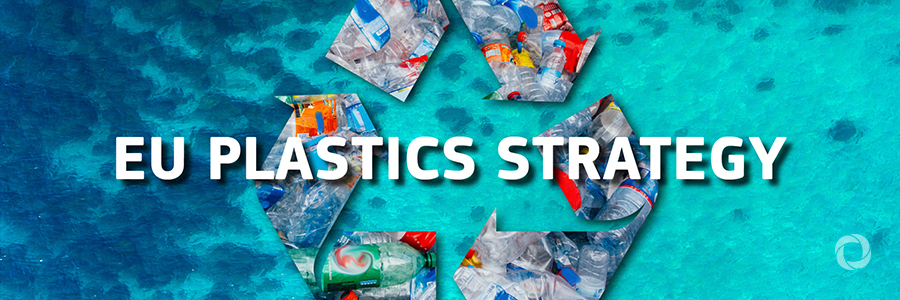- February 22, 2025

The Covid-19 pandemic has forced us to wear surgical face masks. They are compulsory in some EU countries and highly reccomended. Polystyrene, polycarbonate, polyethylene or polyester are some of the other commonly-used materials in surgical masks. While they keep out bacteria effectively (although not necessarily that of the virus), the masks are plastic-based, liquid-resistant products that have a long afterlife after they are discarded, ending up in landfill or oceans.
Action on plastics was identified as a priority in the Circular Economy Action Plan, to help European businesses and consumers to use resources in a more sustainable way.
The first-ever European Strategy for Plastics in a Circular Economy adopted on January 2018 will transform the way plastic products are designed, used, produced and recycled in the EU.
It is each individual’s responsibility to utilise the masks rationally and follow the necessary guidelines while disposing of their masks and other medical gear to reduce the pollution of the environment.
Find out more regarding the European Strategy for Plastics in a Circular Economy https://ec.europa.eu/environment/waste/plastic_waste.htm
Further readings:
1) SURGICAL MASKS WHASH UP ON SYDNEY BEACHES https://www.theguardian.com/australia-news/2020/may/27/surgical-masks-wash-up-on-sydney-beaches-after-40-containers-fall-off-cargo-ship
2) Environmental Impact of Disposable Masks
https://www.onlineclothingstudy.com/2020/04/environmental-impact-of-disposable-masks.html
3) Single-use surgical masks pile up on Hong Kong beaches after COVID-19 outbreak

